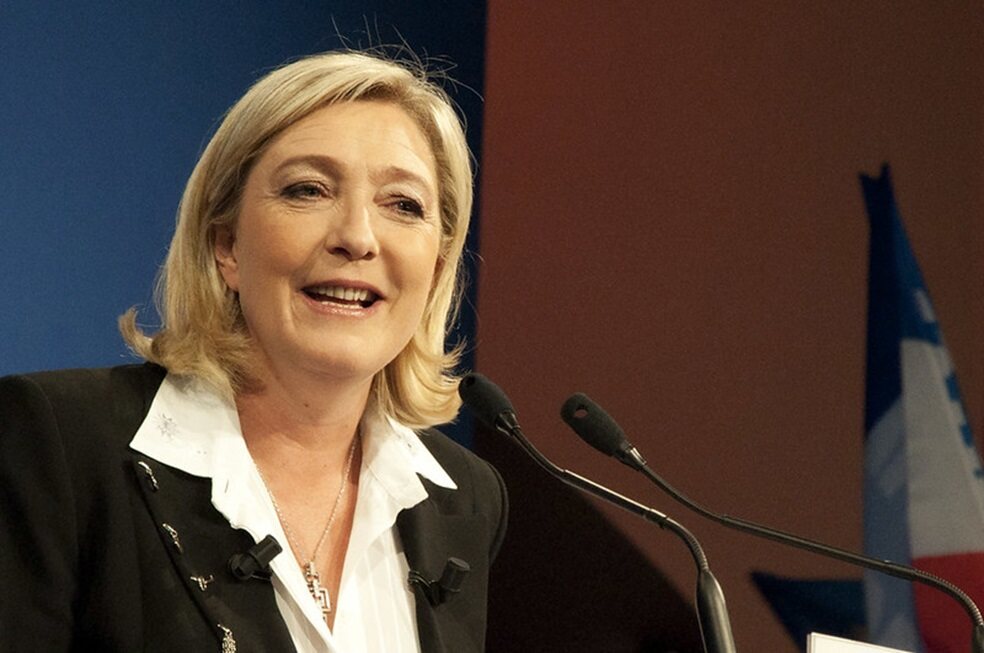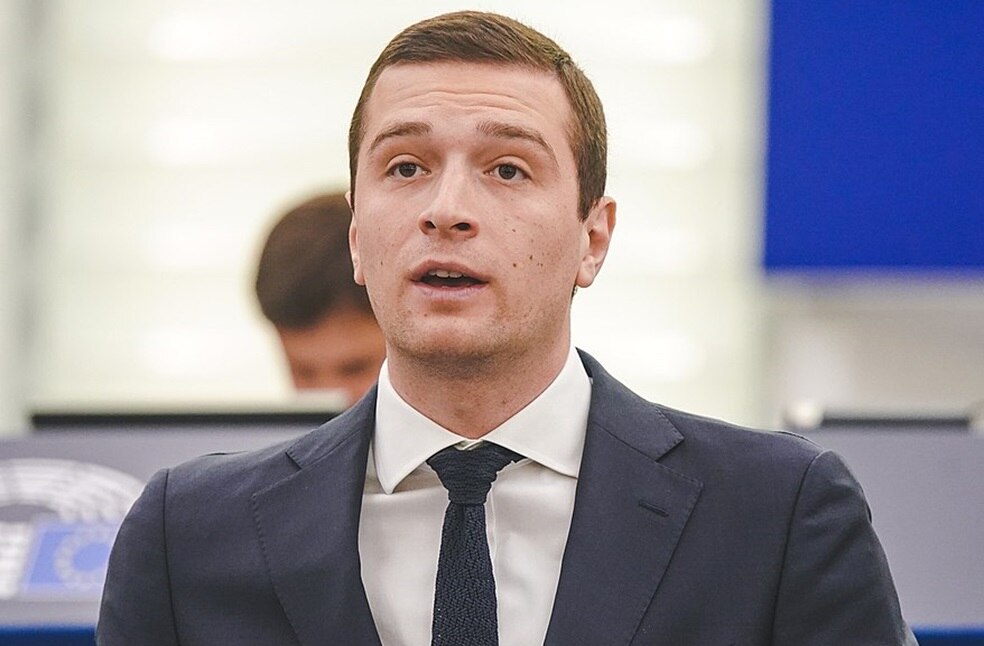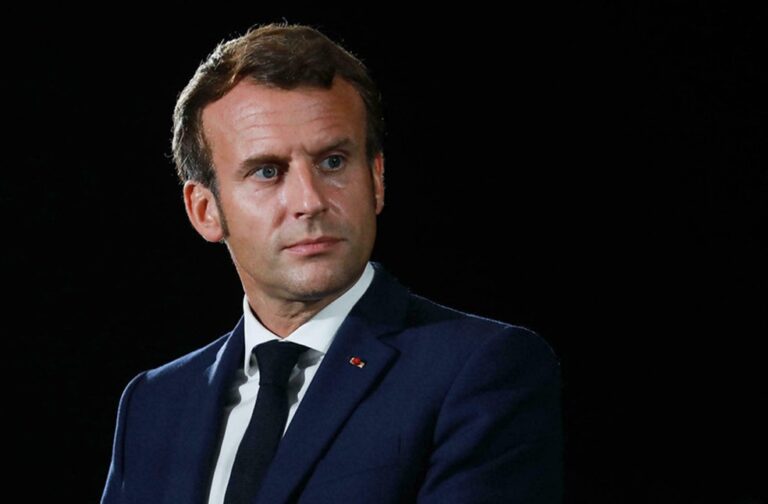France: Voters in France are heading to the polls for the first round of a snap parliamentary election, with polls suggesting the far-right National Rally group could become the largest party in France’s National Assembly.
Early in June, after his Renaissance party lost badly to National Rally, led by veteran right-wing politicians Marine Le Pen and Jordan Bardella, in the European Parliament elections, French President Emmanuel Macron shocked the public and political analysts by declaring to cast his ballot.
Macron declared that “France needs a clear majority to act in serenity and harmony” and that the vote will give “clarification” when he called for the snap election, which will include two rounds of polling on Sunday and July 7.

According to analysts, Macron’s unexpected decision was probably motivated by a bet that, even if National Rally succeeds, a potentially turbulent and disorganized tenure will lessen the possibility that his opponent, Le Pen, could rule France in 2027.
However, since June, surveys have regularly shown National Rally leading the race. The party is expected to receive approximately 35 percent of the vote, ahead of the leftist New Popular Front coalition, which is expected to receive between 25 and 26 percent of the vote, and Macron’s centrist Together alliance, which is expected to receive about 19 percent of the vote.

With no party appearing to be able to secure an absolute majority of 289 seats in the 577-seat National Assembly, a hung parliament is still the most likely result of the election; but, a good showing for National Rally will put pressure on Macron to name a prime minister from the party.
President Macron would continue to oversee foreign and defence affairs, but the new prime minister would have substantial influence over France’s domestic and economic policies. In this scenario, that new PM would probably be Jordan Bardella, the 28-year-old president of the National Rally.

Whatever the case, such a result would force politicians with divergent (and frequently opposing) ideologies into an awkward and uncomfortable “cohabitation” where governance is probably acrimonious and unstable, raising concerns among economists about how the vote might impact the second-largest economy in the euro zone, as per the reports.



